Error message
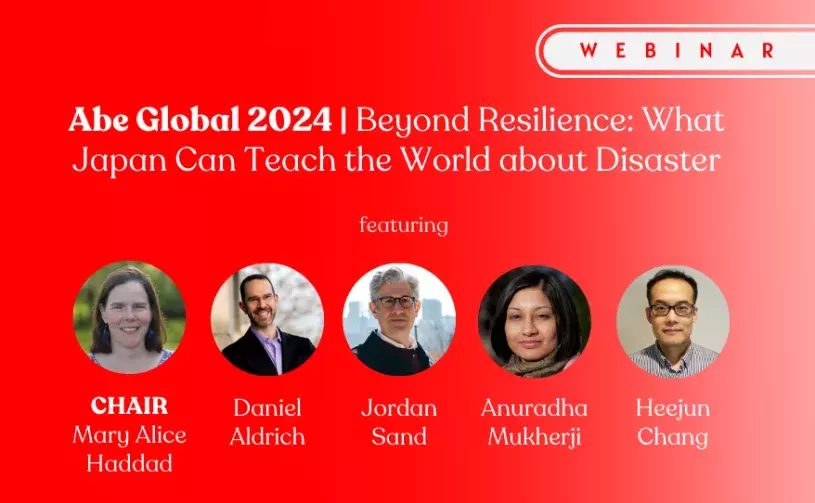
OFFICE/DEPARTMENT
The East-West Center in Washington, in partnership with the Japan Foundation, Abe Global, and the Social Science Research Council, presents
Abe Global 2024 | Beyond Resilience: What Japan Can Teach the World about Disaster
A conversation with:
Daniel Aldrich
Professor of Politics and Public Policy,
Northeastern University
Jordan Sand
Professor of Japanese History,
Georgetown University
Anuradha Mukherji
Associate Professor of Community and Regional Planning,
East Carolina University
Heejun Chang
Professor and Chair of the Department of Geography
Portland State University
Mary Alice Haddad (chair)
John E. Andrus Professor of Government,
Director of the Office of the Faculty Career Development,
Professor of East Asian and Environmental Studies,
Wesleyan University
Natural hazards have become an increasingly common factor in the contemporary world. In North America, forest fires have destroyed communities, while high waters and flooding have hit low lying seaside communities as well as mountain valleys and deserts. Summer of 2023 saw widespread effects of forest fires burning in northern Canada and the Lahaina, Hawaii fire sparked by downed power lines and 90 mph winds; droughts; off-season flooding in Southern California and across vast rural areas in Asia and Europe destroying crops, halting river transport, and restricting the generation of electricity. Sixteen inches of rain, falling in one day, caused widespread flooding, loss of life, and disaster in Libya. The destruction of infrastructure and disruption of life caused by natural disasters shares commonalities with the aftereffects of violent conflict. How do communities, regions and nations recover from extreme hazards? How can local knowledge impact resilience? What can we learn from the experiences of disaster-ridden nations such as Japan? Can that knowledge be leveraged in recovery from conflict?
SPEAKER BIOGRAPHIES
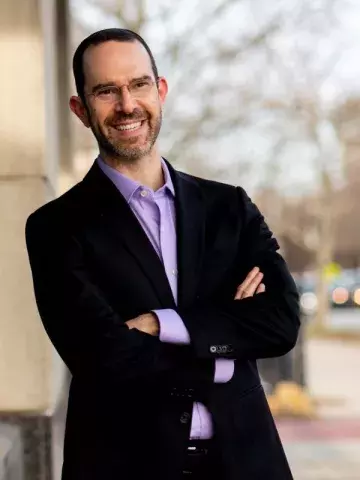
An award winning author, Daniel Aldrich is Professor of Politics and Public Policy at Northeastern University. His research explores the interaction between social networks, public policy, and the environment and includes comparative politics, nuclear power, disaster recovery, and countering violent extremism. He emphasizes that social capital, rather than wealth or investment in physical infrastructure and repair, is the primary driver of post-disaster recovery. He has also worked on interactions between civil society, social networks, and the state, particularly with regard to the siting of controversial facilities. Aldrich has spent more than five years carrying out fieldwork in Africa, Asia, and the Middle East.
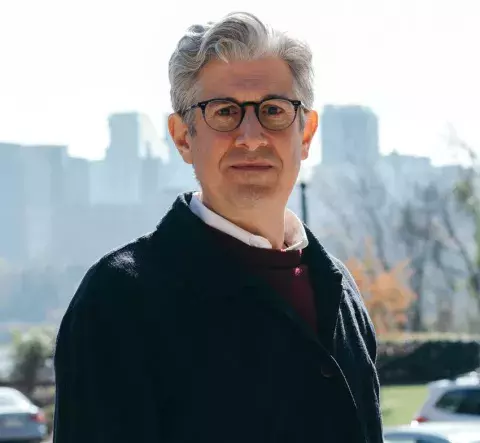
Jordan Sand is Professor of Japanese History at Georgetown University in Washington, DC. His research and writing have focused on architecture, urbanism, material culture and the history of everyday life. House and Home in Modern Japan (Harvard, 2004) explores the ways that westernizing reformers reinvented Japanese domestic space and family life during the late nineteenth and early twentieth centuries. Tokyo Vernacular: Common Spaces, Local Histories, Found Objects (University of California Press, 2013), analyzes problems of history and memory in the postindustrial city. Teikoku Nihon no seikatsu kūkan (Iwanami shoten, 2015) examines colonialism in the Asia-Pacific through the lens of material culture, bodily comportment and urban space. He has also written on the comparative history of urban fires and firefighting, the history of Japanese food (including sushi, miso, and MSG), and topics in the study of heritage and museums.
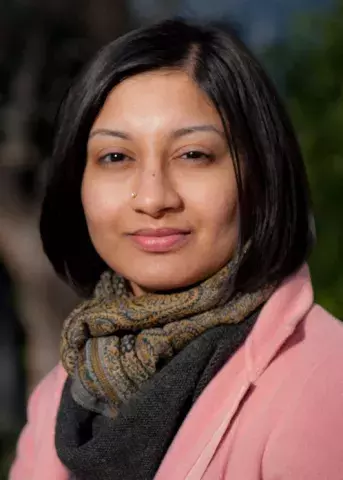
Anuradha Mukherji is Associate Professor of Community and Regional Planning at East Carolina University. Her work is located at the intersection of disaster planning, climate change adaptation, and community resilience, and focuses on two aspects of community planning: 1) the ability of communities to embed disaster risk reduction and climate change adaptation into the planning of cities, and 2) the institutions and governance structures that shape hazard mitigation and community recovery after disasters. She has conducted research in India and Haiti and more recently in Japan and the United States. Her current work looks at post-disaster land use transitions in Japan through the lens of the 2011 Great East Japan Earthquake and Tsunami. Her research uses the Japanese experience to help uncover and explain municipal land use strategies during large-scale land use reorganization after a catastrophic event. She is also engaged in a NOAA funded research that assesses the perceived risks and needs of the hazard management and planning community due to compound water hazards in rural coastal estuarine environments in eastern North Carolina.
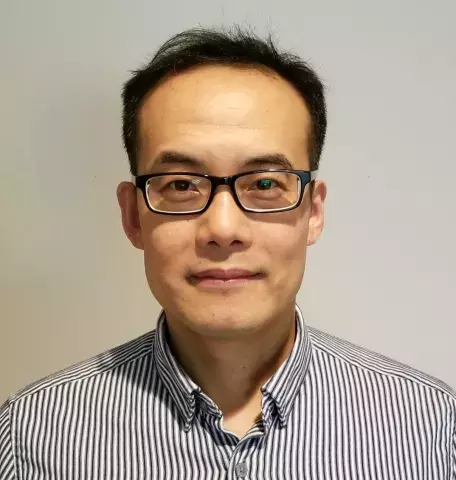
Heejun Chang is Professor and Chair of the Department of Geography at Portland State University. My teaching and research interests lie in hydrology and spatial analysis. In hydrology and water resources, I am interested in examining the human modification of the hydrologic system. I examine the complex interactions among climate change, land use change, and water management that drive major changes in water quantity and quality. To understand and model such a complex system, I use an integrated approach that embraces biophysical sciences, social sciences, and information sciences. Hence the use of geographic information technology including geocomputational methods and visual spatial analysis is essential to conduct my research and teaching.
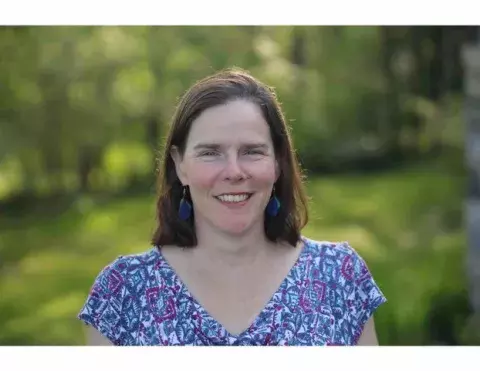
(CHAIR) Professor Mary Alice Haddad’s current work concerns city diplomacy and environmental politics with a focus on East Asia, especially China, Japan, Korea, and Taiwan. Her earlier research focused on civic engagement, democracy, citizenship, volunteering, and nonprofit organizations. She is the John E. Andrus Professor of Government, Director of the Office of the Faculty Career Development, and Professor of East Asian and Environmental Studies at Wesleyan University.
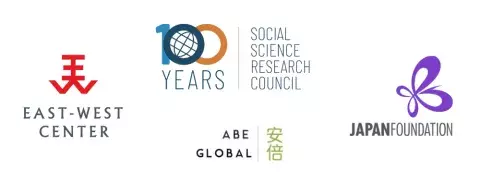
The views expressed by this event's participants do not necessarily reflect those of the East-West Center.
The East-West Center in Washington, in partnership with the Japan Foundation, Abe Global, and the Social Science Research Council, presents
Abe Global 2024 | Beyond Resilience: What Japan Can Teach the World about Disaster
A conversation with:
Daniel Aldrich
Professor of Politics and Public Policy,
Northeastern University
Jordan Sand
Professor of Japanese History,
Georgetown University
Anuradha Mukherji
Associate Professor of Community and Regional Planning,
East Carolina University
Heejun Chang
Professor and Chair of the Department of Geography
Portland State University
Mary Alice Haddad (chair)
John E. Andrus Professor of Government,
Director of the Office of the Faculty Career Development,
Professor of East Asian and Environmental Studies,
Wesleyan University
Natural hazards have become an increasingly common factor in the contemporary world. In North America, forest fires have destroyed communities, while high waters and flooding have hit low lying seaside communities as well as mountain valleys and deserts. Summer of 2023 saw widespread effects of forest fires burning in northern Canada and the Lahaina, Hawaii fire sparked by downed power lines and 90 mph winds; droughts; off-season flooding in Southern California and across vast rural areas in Asia and Europe destroying crops, halting river transport, and restricting the generation of electricity. Sixteen inches of rain, falling in one day, caused widespread flooding, loss of life, and disaster in Libya. The destruction of infrastructure and disruption of life caused by natural disasters shares commonalities with the aftereffects of violent conflict. How do communities, regions and nations recover from extreme hazards? How can local knowledge impact resilience? What can we learn from the experiences of disaster-ridden nations such as Japan? Can that knowledge be leveraged in recovery from conflict?
SPEAKER BIOGRAPHIES

An award winning author, Daniel Aldrich is Professor of Politics and Public Policy at Northeastern University. His research explores the interaction between social networks, public policy, and the environment and includes comparative politics, nuclear power, disaster recovery, and countering violent extremism. He emphasizes that social capital, rather than wealth or investment in physical infrastructure and repair, is the primary driver of post-disaster recovery. He has also worked on interactions between civil society, social networks, and the state, particularly with regard to the siting of controversial facilities. Aldrich has spent more than five years carrying out fieldwork in Africa, Asia, and the Middle East.

Jordan Sand is Professor of Japanese History at Georgetown University in Washington, DC. His research and writing have focused on architecture, urbanism, material culture and the history of everyday life. House and Home in Modern Japan (Harvard, 2004) explores the ways that westernizing reformers reinvented Japanese domestic space and family life during the late nineteenth and early twentieth centuries. Tokyo Vernacular: Common Spaces, Local Histories, Found Objects (University of California Press, 2013), analyzes problems of history and memory in the postindustrial city. Teikoku Nihon no seikatsu kūkan (Iwanami shoten, 2015) examines colonialism in the Asia-Pacific through the lens of material culture, bodily comportment and urban space. He has also written on the comparative history of urban fires and firefighting, the history of Japanese food (including sushi, miso, and MSG), and topics in the study of heritage and museums.

Anuradha Mukherji is Associate Professor of Community and Regional Planning at East Carolina University. Her work is located at the intersection of disaster planning, climate change adaptation, and community resilience, and focuses on two aspects of community planning: 1) the ability of communities to embed disaster risk reduction and climate change adaptation into the planning of cities, and 2) the institutions and governance structures that shape hazard mitigation and community recovery after disasters. She has conducted research in India and Haiti and more recently in Japan and the United States. Her current work looks at post-disaster land use transitions in Japan through the lens of the 2011 Great East Japan Earthquake and Tsunami. Her research uses the Japanese experience to help uncover and explain municipal land use strategies during large-scale land use reorganization after a catastrophic event. She is also engaged in a NOAA funded research that assesses the perceived risks and needs of the hazard management and planning community due to compound water hazards in rural coastal estuarine environments in eastern North Carolina.

Heejun Chang is Professor and Chair of the Department of Geography at Portland State University. My teaching and research interests lie in hydrology and spatial analysis. In hydrology and water resources, I am interested in examining the human modification of the hydrologic system. I examine the complex interactions among climate change, land use change, and water management that drive major changes in water quantity and quality. To understand and model such a complex system, I use an integrated approach that embraces biophysical sciences, social sciences, and information sciences. Hence the use of geographic information technology including geocomputational methods and visual spatial analysis is essential to conduct my research and teaching.

(CHAIR) Professor Mary Alice Haddad’s current work concerns city diplomacy and environmental politics with a focus on East Asia, especially China, Japan, Korea, and Taiwan. Her earlier research focused on civic engagement, democracy, citizenship, volunteering, and nonprofit organizations. She is the John E. Andrus Professor of Government, Director of the Office of the Faculty Career Development, and Professor of East Asian and Environmental Studies at Wesleyan University.

The views expressed by this event's participants do not necessarily reflect those of the East-West Center.













